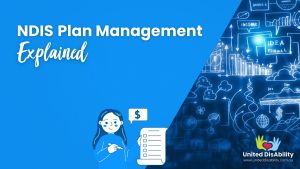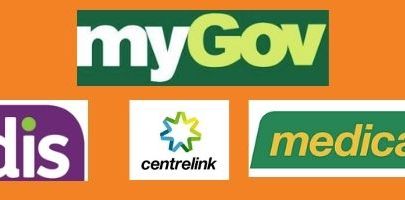When it comes to the National Disability Insurance Scheme (NDIS), many individuals wonder about the role their income plays in eligibility and benefits. Navigating the complexities of NDIS regulations can be challenging, but understanding the connection between your income and NDIS is crucial for maximizing the support available. This article aims to shed light on how income levels can impact NDIS eligibility and the benefits participants may receive. Does your income affect NDIS?
The Basics of NDIS Eligibility
Before delving into the relationship between income and NDIS, it’s essential to grasp the basic eligibility criteria for the scheme. NDIS is designed to support individuals with permanent and significant disabilities, assisting them in achieving their goals and enhancing their quality of life. Eligibility is not determined solely by income but rather focuses on the impact of the disability on daily life.
Income and NDIS Eligibility
Unlike some means-tested benefits, NDIS does not have a specific income threshold for eligibility. The scheme primarily assesses the functional impairment caused by the disability and the resulting limitations on daily activities. However, it’s crucial to note that financial considerations may come into play when determining the level of support provided by NDIS.
While your income itself may not disqualify you from accessing NDIS, the level of support you receive may be influenced by your financial situation. For instance, individuals with higher incomes may be expected to contribute more towards the cost of their support and services under the NDIS. This is known as the Participant Contribution, which considers the participant’s financial capacity to contribute to the cost of their care and support.
NDIS and Means-Testing
The NDIS incorporates means-testing to assess the financial capacity of participants. Means-testing involves evaluating an individual’s income, assets, and overall financial situation to determine their ability to contribute to the cost of their support. While means-testing is part of the process, it’s important to emphasize that it does not act as a strict barrier to accessing the NDIS.

Understanding Participant Contribution
The Participant Contribution is a crucial aspect of the means-testing process. It considers various factors, including income, to determine the amount participants are expected to contribute towards their NDIS support. This contribution is calculated on a sliding scale, taking into account the participant’s financial capacity.
It’s worth noting that the Participant Contribution is not meant to deter individuals from seeking NDIS support. Instead, it ensures that the scheme remains sustainable and can provide assistance to those who need it most. By contributing to the cost of their support, participants with higher incomes help maintain the overall viability of the NDIS.
Maximizing NDIS Support
While income considerations are part of the NDIS process, it’s essential for individuals to focus on maximizing the support available to them. This involves clearly outlining the impact of the disability on daily life and the necessary support required to achieve personal goals. NDIS planning meetings provide an opportunity to discuss these needs and tailor support plans accordingly.
Participants should be proactive in communicating their unique circumstances, including any financial challenges they may face. NDIS planners can then work collaboratively with participants to create a support plan that aligns with their needs and financial capacity.
Seeking Professional Advice
For individuals navigating the intersection of income and NDIS, seeking professional advice is highly recommended. Financial advisors and disability support specialists can provide valuable insights into managing income-related considerations within the NDIS framework. By understanding the nuances of the system, participants can make informed decisions to optimize their NDIS experience.
In conclusion, while income does play a role in the NDIS process, it is not a strict determinant of eligibility. The focus remains on the impact of the disability on daily life and the support needed to enhance the participant’s well-being. By understanding the relationship between income and NDIS, individuals can navigate the system more effectively, ensuring they receive the support necessary to achieve their goals. Find more here.





